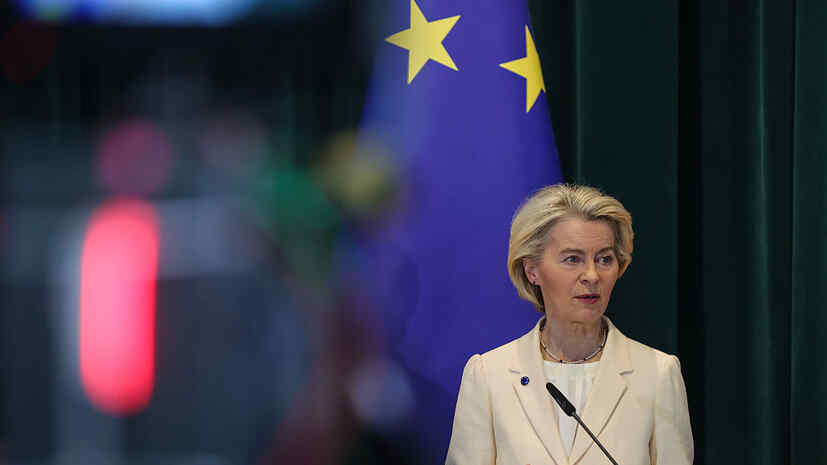This week in London, European Commission President Ursula von der Leyen is likely to reject US President Donald Trump’s second administration in Washington for the first time by supporting a global UN agreement to reduce greenhouse gas emissions in maritime shipping.
‘However, in practice, von der Leyen’s “nein” (“no” — RT) may turn out to be more symbolic than substantive, regardless of possible retaliatory measures by the White House,’ the article says.
According to industry experts surveyed by EURACTIV, it is unlikely that the deal in its current form will be effectively implemented without US participation, and von der Leyen knows this.
On Thursday, a new Net Zero programme is to be approved by the International Maritime Organisation, a UN body.
The measures, approved by the Marine Environment Protection Committee at its 83rd session (MEPC 83) on 7-11 April 2025, include a new fuel standard for ships and a global emissions pricing mechanism.
These measures will be mandatory for large ocean-going vessels with a gross tonnage of more than 5,000 tonnes, which account for 85% of total CO₂ emissions from international shipping.
As noted, the United States supports the use of LNG as an interim step in the energy transition, but the proposed concept gives priority to low-carbon alternatives such as hydrogen and synthetic fuels derived from renewable energy sources.





